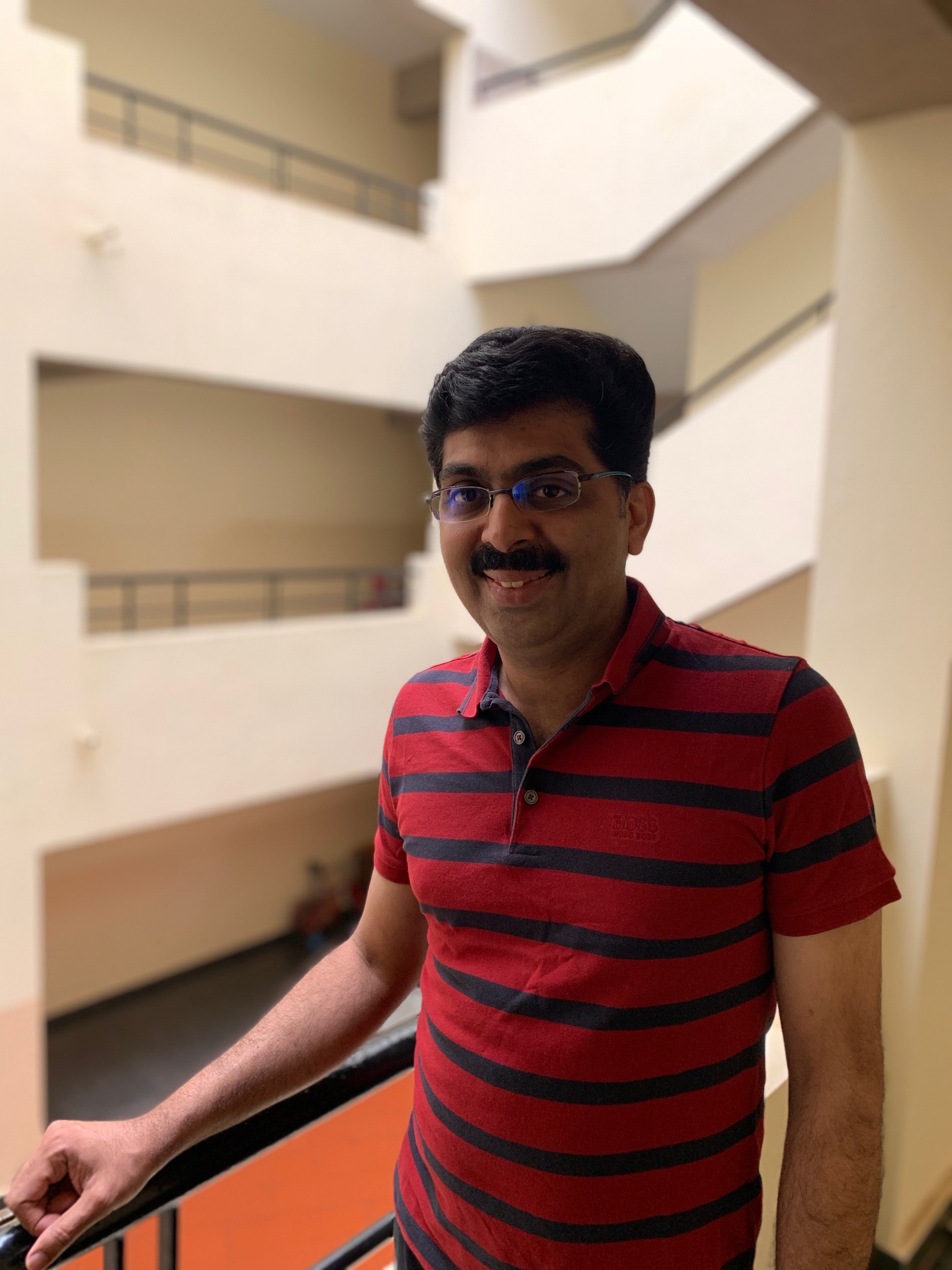Habits that hamper Structural Engineering job hunt & Career
- premjit

- Nov 4, 2022
- 6 min read
Updated: Jun 19, 2025
A lot has been spoken about Structural engineering skills and the ways and methods that one need to follow to develop structural design job skills. However, there are many other skills that are needed along with structural analysis and design skills one need to have to become successful in a civil engineering job or a career. In fact, technical skills are only a part of success when it comes to an overall structural design career development.
In this blog, I will write about some of the habits you need to overcome and some to develop to have a successful civil engineering career or success in a structural engineering job. This is true for all professionals including those who are in civil engineering jobs or structural consulting or site engineering.
If you would like to learn structures in a consulting manner & develop all the required habits and behaviors, check out my mentoring program that enables to have a structural engineering career.
Procrastination

As we all know, decision making is very important in success. Procrastination is nothing but prolonging a decision. This could be a structural decision or any non-technical decision. This habit makes you lose civil engineering opportunities and time. One should train their mind to take decisions quickly. Let it be a technical decision or a simple decision like deciding to enroll for a valuable course. Spending a lot of time thinking and delaying learning is really going to hamper your developmental opportunities from the learning. Time is money. Investing in any thing that saves your time and improves your knowledge is never a loss of money. It is money just changing its form. More learning and the time you save, brings you more money in the long run.For example, instead of delaying, enrolling in structural design courses early in your career can fast-track your expertise and career growth. Who realizes this early in the career, progresses faster. This example, I mentioned about learning. It applies to any task you do including a decision that you should take on even quitting a job saying no to a client or saying yes to a new civil engineering project. Assess the situation, validate the pros and cons, and then take a quick decision. If you do not, then you are stuck in a bad situation that will hamper your civil engineering career.
Not using smart tools and latest methods

In the modern-day civil engineering world, when projects are complicated, project economy is vital, and structural drawing revisions are rampant, it is important to use smart tools like Revit for your success. The smart tools like Revit structures speed up the entire process, reduces abortive works and improves accuracy of the work.
If you do not adopt smart tools and methods, then you loose time. Time is of course money. And it is time that you leverage to learn and to contribute and to even live your life. Time is the most under rated dimension in this world. It is not under rated but then we fail to realize the importance of time, how many number of times we are reminded. So do not fail to use smart tools that let you save time. If you know that your tools and methods are dated and then you do not change, then you are procrastinating as I mentioned in section 1.
Lack of network with similar professionals

Networking with similar civil engineering and structural professionals in India and abroad helps you to get their structural insights and civil engineering ideas on the problems you may have. You will also get a good understanding on the tools and methods other professionals use for technical accuracy and economy. So, any lack of network will adversely affect your development and efficiency. By discussing with other professionals, you get to know the tools and methods they adopt. You can change your design processes or construction methods and tools if you are dated. You can also share experiences and discuss important technical matters. LinkedIn is a great platform for civil engineers to network. You can connect me on LinkedIn here.
Not focusing on abortive work

Abortive work or revisions are such a pain! We all know that. However, if you are not working on means, methods, and processes to reduce abortive work, you may loose big time in your career.
Abortive work is not just irritating, it also reduces your productivity and wellbeing because of the frustration you carry because of the rework. As we know, time is money, and any loss of time is loss of money and your own progress in terms of new learning.
The revisions may be due to our own mistakes or initiated by other stake holders like Architects or MEP consultants or the client. See you have a process to capture your own mistakes. For example, if you are an entry level structural engineer, keep a check list on various kinds of mistakes you generally make. Ensure you validate your ETABS model and structural analysis results. Let it be any field you are working; ensure you have these 3 processes as mentioned below.
A checking mechanism to capture your own mistakes and correct it.
A great process to ensure document control like drawing releases to capture and track latest drawings and revisions. If you do not have this, site might use a wrong drawing to execute, and your project may have technical issues and failures.
A robust mechanism and tools to co-ordinate. Revit or any BIM tool can be adopted.
Not aware of alternate Career options

You should always have a plan B for your civil engineering career. However good you are in your current civil profession; you should have multiple skills that can be handy when needed. This helps in different ways. It need not be a completely different field from civil engineering. If you are a site engineer and if you develop an additional expertise in Structural design or structural detailing that will be handy.
Since we are living in an uncertain world, we never know how secure the jobs are. Also in the changing times, there are some roles that will vanish sooner than we expect. For example, some years back, engineers and draughtsman used to draft drawings on paper using pencil and a drafter. AutoCAD replaced this process. Same way BIM is fast replacing conventional drafting and drawing production. This is true in many fields in the current technology world.
Not learning new things every day

Learning a new thing every day should be a routine that you follow in your life and work career if you are a civil engineer. This helps you in different ways including improving your morale and confidence. Learning is seen to make your positive in various studies conducted across the globe. Ignoring it can also hamper your career development as discussed in some of the above sections. Having up to date information on processes and tools makes you dated and obsolete faster than you expect. So, make it a point not to miss new learning every day. Sign up to relevant civil engineering blogs and forums. Stay relevant.
No focus on continued professional development

You are the only one at work who will be completely interested in your career development. So, you are the one who is responsible for that, and you need to do it religiously. Your busy work schedule or a current comfort at office should not be a reason to ignore your own CPD. If unattended, you can soon become irrelevant in the company or even in the industry. As indicated in the previous section, learn a new thing each day. Learn a new tool every 6 months. Plan and a target for your career. It could be a target to shift and improve your area of work. As an example, you may be an engineer and may be wanting to get in to design of a tall building. Right now, you may be doing a different role like drafting or site engineering. Keep a target date to shift and achieve it on or before time. Your CPD can also be connected to your performance or increment or what ever you like. However, take it and plan it step by step. Some means to achieve an overall professional development are signing up for a new course, attending webinars and workshops, delivering workshops in areas where you are an expert.Programs like specialized structural engineer courses can offer structured learning and exposure to real-world projects, which you may not get just from job experience. Whatever it is, plan it each half year at least and execute it. Not doing this will hamper your development.
Summary
It is important to look at your civil engineering jobs and your profession in a broad perspective. When many thinks technical knowledge and money are the only things that matter, who understands the broad picture and focus on all the aspects that matters are seen to succeed in this civil and structural engineering profession. There is only a thin line between better and the best professionals. But that thin line is thick.
If you want to improve your all-round abilities in Civil & Structural engineering, book a call to sign up for my mentoring program.




Comments